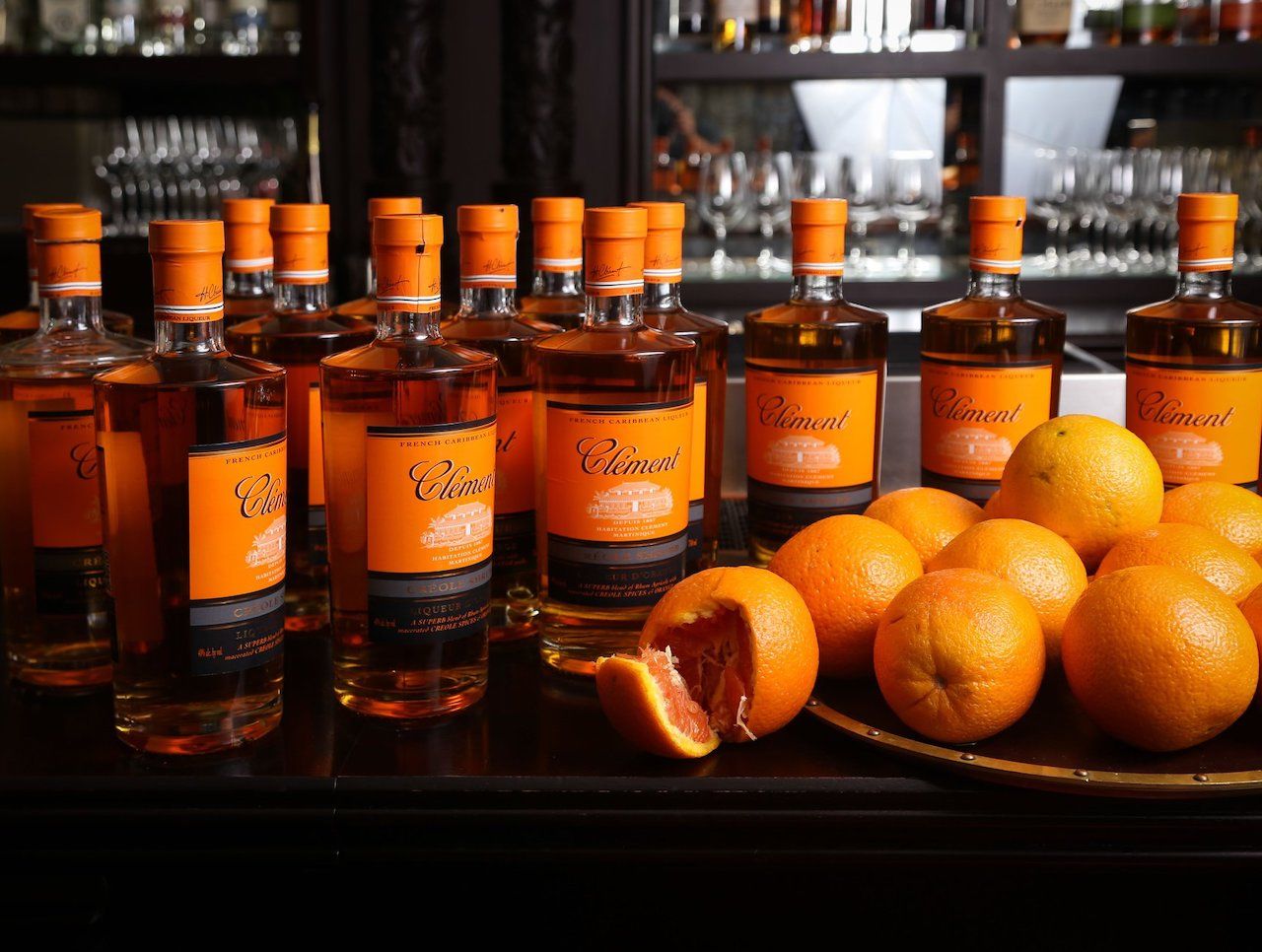Holiday beverages are different around the world. Some are low alcohol and warming, like German glühwein and other mulled wines, while others are thick and booze-forward, like Mexico’s rompope and other various versions of eggnog. On the Caribbean island of Martinique, the classic holiday drink is unlike any other: shrubb.
Shrubb is an overproof Martinique rhum agricole that’s flavored with local citrus, cane syrup, and spices. It’s not to be confused with shrub with one “b,” which is the vinegar-based fruit and sugar concoction that was popular in colonial America. Martinique’s shrubb is drunk every year starting around Toussaint (All Saint’s Day on November 1) and ending around Christmas Eve, and it’s at the center of Chanté Nwel traditions when people on Martinique gather to party and sing carols.

